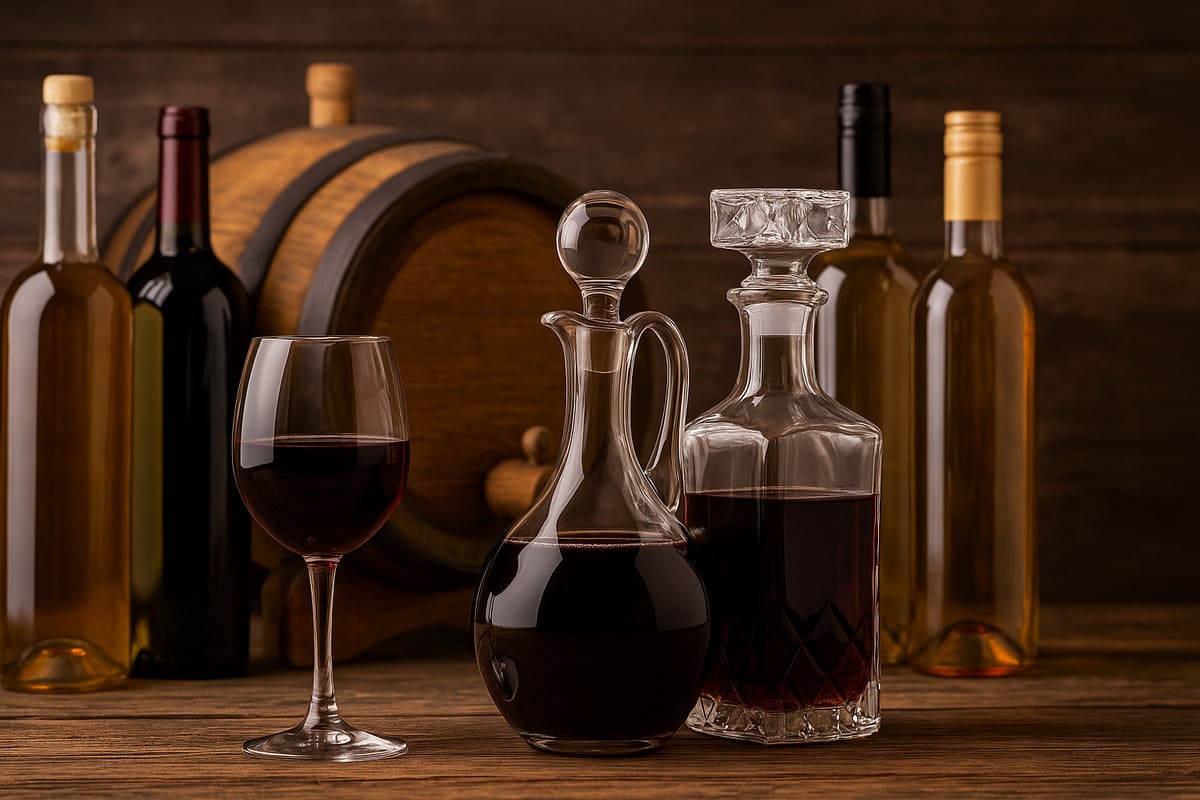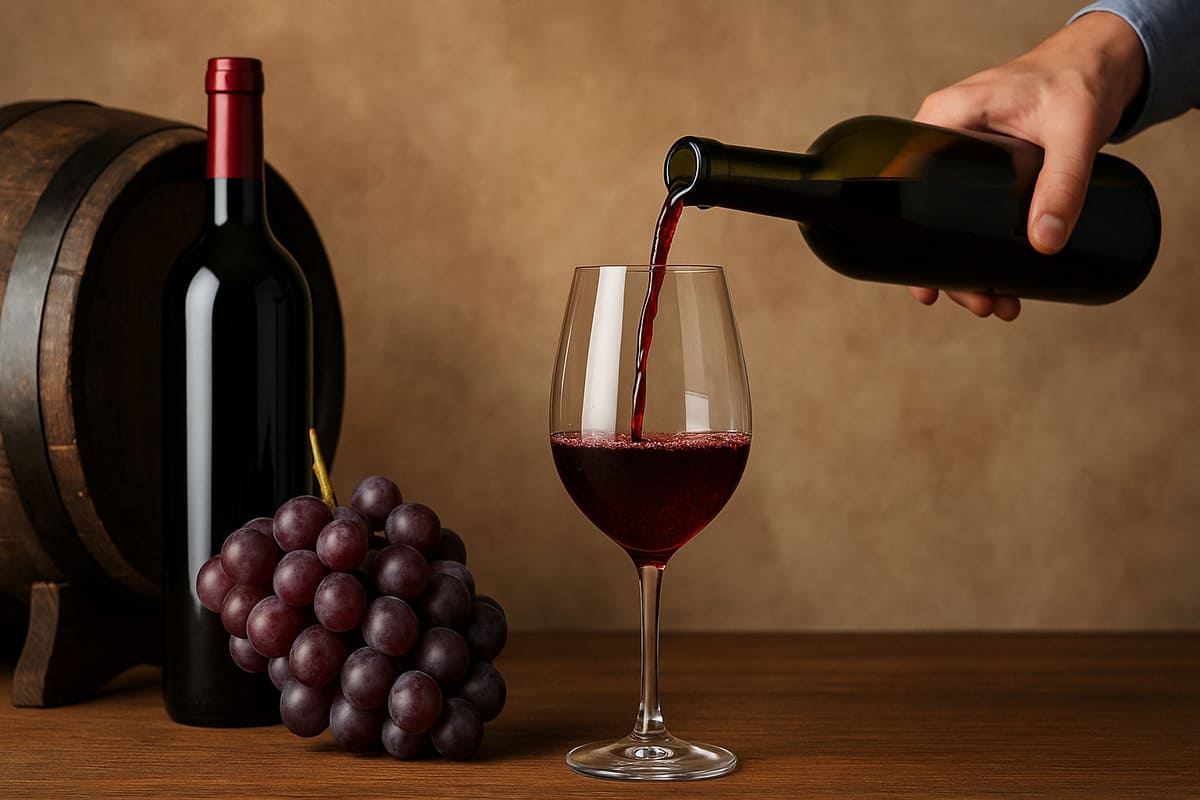Is quality in bulk wine possible? Myths and truths

For decades, bulk wine has been unfairly labeled as a low-quality product, destined for industrial blends or undemanding consumers. However, this perception is changing. Today, talking about bulk wine does not mean talking about a wine without identity, but about a different -and in many cases more sustainable and flexible- way of marketing and enjoying wine. In this article we debunk myths, analyze the present of the sector and explain why bulk wine can be synonymous with quality.
What exactly is bulk wine?
Bulk wine is wine sold unbottled, generally in large quantities, either to other wineries, distributors, the on-trade or directly to consumers in formats such as tanks, carafes, bag-in-boxes or reusable barrels. It should not be confused with “table wine” or non-denominated wine, since many bulk wines come from wineries with protected designations of origin or geographical indications.
Spain, in fact, is the world’s largest exporter of bulk wine, with large volumes going to countries such as France, Italy, Germany or China. And why buy wine without a bottle? For several reasons: price, sustainability, versatility and, yes, also quality.
Myth 1: “Bulk wine is of poorer quality than bottled wine”.
This is probably the most common prejudice. The reality is that the quality of the wine does not depend on the container, but on the winemaking process, the origin of the grapes, the work in the winery and the care taken in its preservation. There are very high quality bulk wines that are sold this way for strategic, economic or logistical reasons.
In fact, many small wineries and cooperatives choose to sell part of their production in bulk to reduce bottling and labeling costs, or to offer the product to distributors who then personalize it with their brand. This wine does not lose quality by not being in a bottle.
In addition, some prestigious wineries offer specific lines of bulk wine for local consumers, the on-trade or export. These are honest wines, with character and good value for money.
Myth 2: “You can’t know what you’re drinking.”
Another false myth. Although in some cases bulk wine may not specify its origin or vintage, today many companies are committed to traceability and transparency, offering the consumer all the information: variety, production area, vintage year and even cultivation methods (such as organic, biodynamic or natural wines).
In fact, if you buy wine in bulk in specialized stores, at wineries or through trusted ecommerce, you can get exactly the same information (and sometimes more) as on a standard bottle.
Myth 3: “Bulk wine is only for blending or cooking”.
Although some bulk wine is destined for industrial or culinary uses, it is becoming increasingly common to find it in restaurants, wine shops and private homes as a wine for daily consumption or even for special occasions.
Increased interest in responsible consumption, economic savings and sustainability has led more consumers to opt for this format. In addition, many sommeliers and industry professionals highlight the potential of bulk wine as an interesting option to offer house wines or customize the wine list of a restaurant.
What are the advantages of bulk wine?
Competitive price
By eliminating bottling, labeling and individual distribution costs, bulk wine can be offered at a lower price without sacrificing quality. Ideal for bars, restaurants and regular consumers.
Sustainability
The bulk format significantly reduces the use of glass, plastic and cardboard. In addition, it encourages the use of reusable packaging and refill systems, aligning with the circular economy.
3. Flexibility
It allows you to buy the right amount you need, customize blends or create private labels for professionals. It also offers versatility in formats: from small bag-in-boxes to vats for events or catering.
4. Proximity and local commerce
Bulk wine facilitates direct contact between producers and consumers, boosting the local economy, local consumption and the connection with the product’s origin.
How to recognize a good bulk wine?
Here are some tips:
- Find out about the origin and the winery. A serious winery will give you details about the variety, type of wine and vintage.
- Ask for a tasting beforehand. Many points of sale allow you to taste before you buy.
- Look for secure formats. The bag-in-box, for example, protects the wine from oxygen and keeps it in good condition for weeks.
- Rely on specialized stores. Avoid blind purchases in sites without guarantees.
Conclusion: quality and bulk are not incompatible
Bulk wine is going through a new phase. It is no longer just an anonymous and cheap product, but also a quality, ethical and sustainable option that adapts to new forms of consumption. For many wineries it is a profitable business opportunity, and for many consumers it is a conscious and tasty alternative.
So the next time you think about bulk wine, do so without prejudice. You may discover a big surprise inside a decanter.

